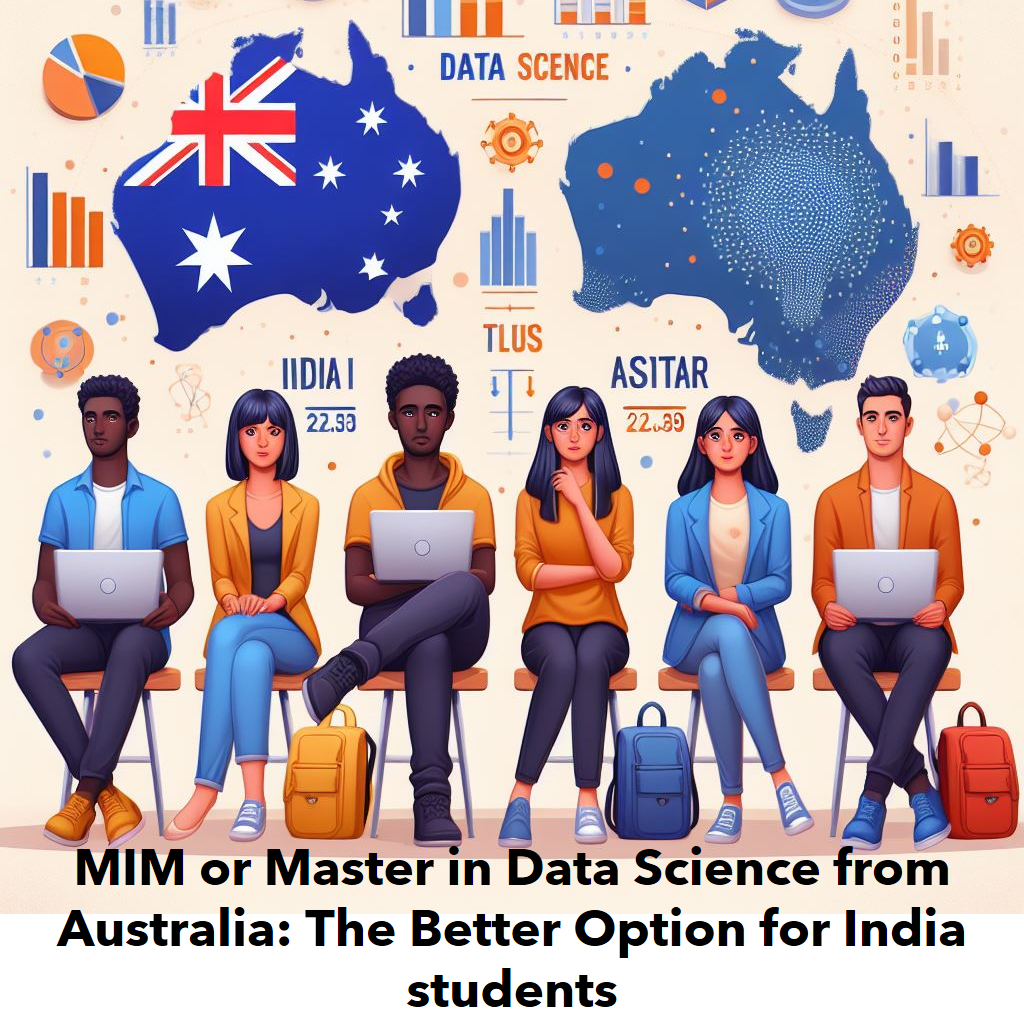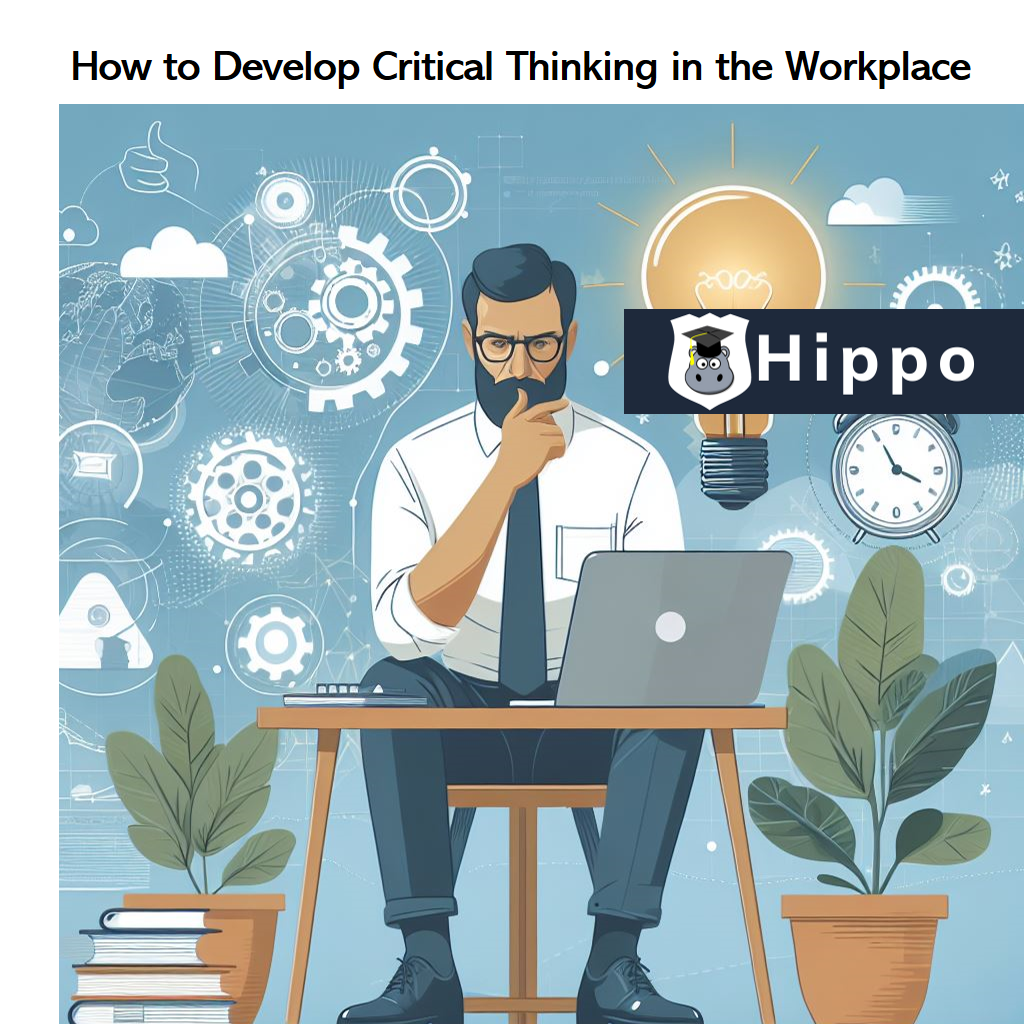Creating a soapbox speech, where one passionately speaks about a specific topic to an audience, can be a powerful way to express opinions and advocate for change. In 2023, numerous pressing issues and evolving trends emerged that can be perfect topics for soapbox speeches. Here’s a list of 250 soapbox speech topics for 2023 that can inspire, provoke thought, and spark conversations:
Environment and Sustainability
- The urgency of transitioning to renewable energy.
- Implementing stricter regulations on single-use plastics.
- The impact of climate change on global economies.
- Promoting sustainable agriculture for a greener future.
- Addressing deforestation and its consequences.
- The importance of protecting endangered species.
- Encouraging eco-friendly transportation options.
- Raising awareness about water conservation.
- Promoting urban gardening and green spaces.
- The significance of reducing carbon footprints.
Social Justice and Equality
- Advocating for gender equality in the workplace.
- The importance of LGBTQ+ rights and acceptance.
- Fighting against racial discrimination and systemic racism.
- Access to quality education for underprivileged communities.
- Empowering marginalized voices in society.
- Supporting mental health awareness and resources.
- Combatting income inequality and poverty.
- Ensuring equal rights for people with disabilities.
- Addressing the refugee crisis and offering support.
- The importance of inclusive policies in society.
Technology and Innovation
- Ethical use of artificial intelligence and machine learning.
- The impact of social media on mental health.
- Cybersecurity threats and protecting personal data.
- Promoting STEM education for future generations.
- The role of technology in healthcare advancements.
- Regulating big tech companies to prevent monopolies.
- Internet accessibility as a basic human right.
- Innovations in renewable energy technology.
- The potential risks of gene editing and bioengineering.
- Embracing technological advancements for a better future.
Politics and Government
- The importance of voting and political participation.
- Holding politicians accountable for their promises.
- Campaign finance reform to eliminate corruption.
- Strengthening democracy in the digital age.
- The impact of global leadership on international relations.
- Reforming the criminal justice system.
- Addressing the influence of lobbyists in politics.
- Ensuring transparency in government decisions.
- Immigration policies and refugee rights.
- Strengthening diplomatic relations between nations.
Health and Wellness
- The importance of mental health days in workplaces.
- Advocating for universal healthcare.
- Combatting misinformation in the health sector.
- Promoting healthy eating habits and nutrition education.
- Addressing the opioid epidemic and addiction.
- Encouraging physical activity for overall well-being.
- Breaking the stigma around seeking therapy and counseling.
- Supporting research for rare diseases.
- Access to affordable medication for all.
- The importance of regular health check-ups.
Education and Learning
- The need for education reform to adapt to the future.
- Providing free education for all.
- Promoting arts and humanities in education.
- Encouraging vocational and technical training.
- Reducing the emphasis on standardized testing.
- Supporting teachers and improving their conditions.
- Incorporating financial literacy in school curriculums.
- Access to quality education in rural areas.
- Embracing lifelong learning and skill development.
- The role of education in fostering critical thinking.
Economy and Business
- Closing the wage gap between CEOs and workers.
- The impact of automation on job displacement.
- Supporting small businesses and entrepreneurship.
- Ethical consumerism and its importance.
- Addressing the gig economy and workers’ rights.
- Reducing income inequality through economic policies.
- The future of remote work and its implications.
- Promoting sustainable and ethical investment practices.
- Importance of financial literacy for all ages.
- Reimagining economic systems for a fairer society.
Arts and Culture
- The significance of art in society and education.
- Preserving cultural heritage and traditions.
- Supporting local artists and artisans.
- Breaking stereotypes through cultural exchange.
- Promoting diversity in media and entertainment.
- Addressing censorship in the arts.
- Art as a tool for social change and activism.
- Celebrating multiculturalism and inclusivity.
- The role of museums in educating society.
- Empowering youth through creative expression.
Ethics and Morality
- The importance of ethical decision-making in business.
- Ethical implications of AI and technology.
- Animal rights and ethical treatment of animals.
- Addressing ethical dilemmas in healthcare.
- The impact of social media on ethical behavior.
- Promoting ethical journalism and media practices.
- The ethics of genetic engineering and cloning.
- Ethical implications of environmental policies.
- The role of ethics in shaping government policies.
- Navigating moral complexities in modern society.
Relationships and Communication
- Importance of healthy communication in relationships.
- Addressing the impact of social media on relationships.
- Promoting empathy and understanding in society.
- The significance of active listening in conversations.
- Building bridges between generations through communication.
- Navigating conflicts through effective communication.
- Addressing the importance of consent in all relationships.
- Cultivating healthy boundaries in relationships.
- The role of communication in mental health support.
- Empowering youth with communication skills.
Family and Parenting
- Supporting parental leave policies for both parents.
- Importance of inclusive family structures and acceptance.
- Addressing challenges faced by single parents.
- Promoting positive parenting techniques.
- The impact of technology on family dynamics.
- Nurturing mental health within families.
- Addressing societal pressures on families.
- Promoting education on healthy family relationships.
- Creating support systems for foster families.
- Celebrating diverse family backgrounds and structures.
Lifestyle and Well-being
- Importance of work-life balance for mental health.
- The impact of social media on self-esteem.
- Addressing body image issues and promoting self-love.
- The significance of unplugging and digital detox.
- Mental health benefits of spending time in nature.
- Importance of hobbies for overall well-being.
- Addressing burnout culture in workplaces.
- Promoting mindfulness and meditation practices.
- Encouraging healthy sleep habits for better health.
- The role of gratitude in enhancing life satisfaction.
Sports and Fitness
- The importance of sports in youth development.
- Addressing inclusivity and diversity in sports.
- Promoting physical education in schools.
- Encouraging community involvement in sports.
- Fighting against doping and unfair sports practices.
- Addressing mental health in professional athletes.
- Importance of accessible sports facilities for all.
- Celebrating the role of sports in uniting communities.
- Promoting women’s participation in sports.
- The impact of technology on sports performance.
Travel and Exploration
- Importance of sustainable travel practices.
- Addressing cultural appropriation in travel.
- Promoting responsible tourism.
- Encouraging travel as a form of education.
- Celebrating diversity in global travel experiences.
- Impact of travel restrictions on global connectivity.
- The significance of cross-cultural understanding through travel.
- Preserving heritage sites through responsible tourism.
- Addressing the environmental impact of travel.
- Promoting ethical volunteer tourism.
Food and Nutrition
- Importance of food education in schools.
- Addressing food insecurity and hunger globally.
- Promoting sustainable and ethical food choices.
- Supporting local and organic food movements.
- The impact of food deserts on communities.
- Importance of reducing food waste.
- Encouraging plant-based diets for health and the environment.
- Addressing the marketing of unhealthy foods to children.
- Celebrating cultural diversity through food.
- The role of nutrition in mental health.
Science and Exploration
- The importance of space exploration for humanity.
- Addressing climate change through scientific innovations.
- Promoting scientific literacy in society.
- Celebrating women in STEM fields.
- Importance of funding scientific research.
- The ethical implications of scientific discoveries.
- Encouraging curiosity and inquiry in education.
- Addressing misinformation in scientific fields.
- Promoting collaboration in scientific endeavors.
- The future of scientific advancements and challenges.
Entertainment and Media
- Addressing diversity and representation in media.
- Importance of media literacy in the digital age.
- Promoting responsible journalism and reporting.
- The impact of streaming services on traditional media.
- Addressing the role of influencers in society.
- Encouraging critical thinking about media content.
- Celebrating independent and diverse media outlets.
- Addressing mental health portrayal in media.
- Promoting ethical content creation and consumption.
- The influence of entertainment on societal norms.
Religion and Spirituality
- Importance of religious tolerance and understanding.
- Addressing stereotypes and misconceptions about religions.
- Promoting interfaith dialogue and harmony.
- Encouraging spirituality for mental well-being.
- The role of religion in shaping societal values.
- Addressing religious extremism and radicalization.
- Celebrating diversity in religious beliefs.
- Importance of secularism in governance.
- Promoting religious freedom and human rights.
- Nurturing a sense of community through faith.
Global Issues and International Relations
- Addressing humanitarian crises worldwide.
- Importance of foreign aid and support for developing nations.
- Promoting peace-building and conflict resolution.
- The impact of globalization on cultural identities.
- Addressing human rights violations globally.
- Celebrating cultural exchange and diversity.
- Importance of international cooperation in addressing crises.
- Promoting sustainable development goals.
- The role of diplomacy in preventing conflicts.
- Navigating challenges in a globalized world.
Personal Growth and Development
- Importance of setting and achieving personal goals.
- Addressing imposter syndrome and self-doubt.
- Promoting resilience and adaptability in life.
- The significance of continuous learning and growth.
- Encouraging self-care practices for mental health.
- Celebrating individual uniqueness and strengths.
- Importance of seeking mentorship and guidance.
- Addressing societal pressures on personal success.
- Promoting emotional intelligence and self-awareness.
- Nurturing a growth mindset for personal development.
Future and Innovation
- Addressing ethical dilemmas in emerging technologies.
- Importance of preparing for jobs of the future.
- Promoting innovation for sustainable living.
- The impact of AI on future employment.
- Addressing ethical considerations in space exploration.
- Celebrating creativity and entrepreneurship in the future.
- Importance of adapting to rapid technological changes.
- Promoting STEM education for future innovation.
- Navigating the challenges of a rapidly evolving world.
- Embracing uncertainty and change for future success.
Community and Civic Engagement
- Importance of volunteering for community development.
- Addressing social isolation and building communities.
- Promoting civic education and engagement.
- The impact of grassroots movements on change.
- Addressing homelessness and poverty in communities.
- Celebrating cultural diversity within communities.
- Importance of neighborhood revitalization efforts.
- Promoting inclusivity and accessibility in communities.
- Nurturing youth leadership in community initiatives.
- Building resilient communities for the future.
Justice and Legal System
- Importance of legal aid for marginalized communities.
- Addressing biases in the justice system.
- Promoting rehabilitation over punishment in prisons.
- The impact of mass incarceration on communities.
- Addressing human trafficking and modern slavery.
- Celebrating advancements in legal justice.
- Importance of access to justice for all.
- Promoting restorative justice practices.
- Navigating challenges in legal ethics.
- Building a fair and equitable legal system.
Education Reform
- Importance of student-centered learning approaches.
- Addressing the digital divide in education.
- Promoting creativity and innovation in education.
- The impact of standardized testing on students.
- Addressing teacher burnout and retention.
- Celebrating diverse learning styles and abilities.
- Importance of inclusive education for all students.
- Promoting education policies that prioritize well-being.
- Navigating challenges in education funding.
- Building resilient and adaptable educational systems.
Mental Health Advocacy
- Importance of mental health education in schools.
- Addressing stigma and stereotypes around mental illness.
- Promoting accessible mental health resources.
- The impact of social media on mental health.
- Addressing mental health disparities in underserved communities.
- Celebrating resilience and recovery in mental health journeys.
- Importance of destigmatizing therapy and counseling.
- Promoting workplace mental health initiatives.
- Navigating challenges in mental health care access.
- Building supportive communities for mental well-being.
These soapbox speech topics cover a wide range of areas, from global issues to personal growth, offering ample opportunities to engage audiences and spark meaningful discussions in 2023. Whether addressing societal challenges or advocating for personal beliefs, soapbox speeches serve as a powerful tool to amplify voices and drive positive change in the world. Each of the 250 topics listed holds significant importance and relevance in today’s world, making them essential for individuals to understand and potentially speak about at various gatherings. Here’s why students and learners of all age groups could benefit from exploring these topics through essays presented by expert speech writing tutors:
1. Relevance and Timeliness
Understanding these topics is crucial because they address contemporary issues that impact society, politics, the environment, technology, health, and various other domains. Staying informed about current affairs allows individuals to contribute meaningfully to discussions and debates at any gathering.
2. Awareness and Education
Being well-versed in these topics fosters awareness and education among individuals. It empowers them to understand the complexities of various issues, promoting a more informed and responsible citizenry.
3. Advocacy and Change
Speaking about these topics at gatherings enables individuals to advocate for change. Through persuasive speeches and essays, they can raise awareness, inspire action, and contribute to societal progress on important issues like climate change, social justice, and education reform.
4. Critical Thinking and Debate
Engaging with these topics encourages critical thinking and fosters healthy debate. Students and learners can analyze different perspectives, evaluate arguments, and develop their reasoning skills, which are essential for personal growth and intellectual development.
5. Communication Skills
Crafting persuasive essays and speeches on these topics enhances communication skills. It teaches learners how to articulate their thoughts effectively, present compelling arguments, and engage audiences—a valuable skill applicable in various aspects of life.
6. Empowerment and Engagement
Understanding these topics empowers individuals to engage actively in their communities and beyond. It encourages civic participation, activism, and advocacy, fostering a sense of responsibility towards creating positive change.
7. Lifelong Learning
These topics represent a diverse array of fields, promoting a culture of lifelong learning. Continuous exploration of these subjects helps individuals stay updated with evolving trends, fostering intellectual curiosity and personal growth.
8. Resource for Further Reading and Learning
Websites like assignmenthippo.com, offering essays and guidance from expert tutors on persuasive essay writing and speech writing, serve as valuable resources. Learners can delve deeper into these topics, access additional readings, and gain insights to further enhance their understanding.
9. Holistic Development
Engaging with these topics facilitates holistic development. It nurtures not only knowledge acquisition but also empathy, critical thinking, communication skills, and a broader worldview—attributes essential for personal and professional success.
10. Contribution to a Better Society
By learning about and discussing these topics, individuals contribute to building a more informed, empathetic, and engaged society. They become agents of positive change, advocating for solutions to pressing issues that affect communities worldwide.
Accessing essays and guidance from platforms like assignmenthippo.com, where expert tutors provide expertise in essay writing, persuasive speech construction, and recommended further readings, can greatly aid learners in comprehending these crucial topics. It allows them to delve deeper into each subject, grasp varying perspectives, and develop well-informed opinions—all of which are instrumental for effective communication and advocacy.
Ultimately, familiarity with these 250 topics equips individuals—students, learners of all ages, and anyone participating in gatherings—with the knowledge and tools needed to engage thoughtfully, influence discussions positively, and contribute meaningfully to addressing the challenges and opportunities facing our world today.


